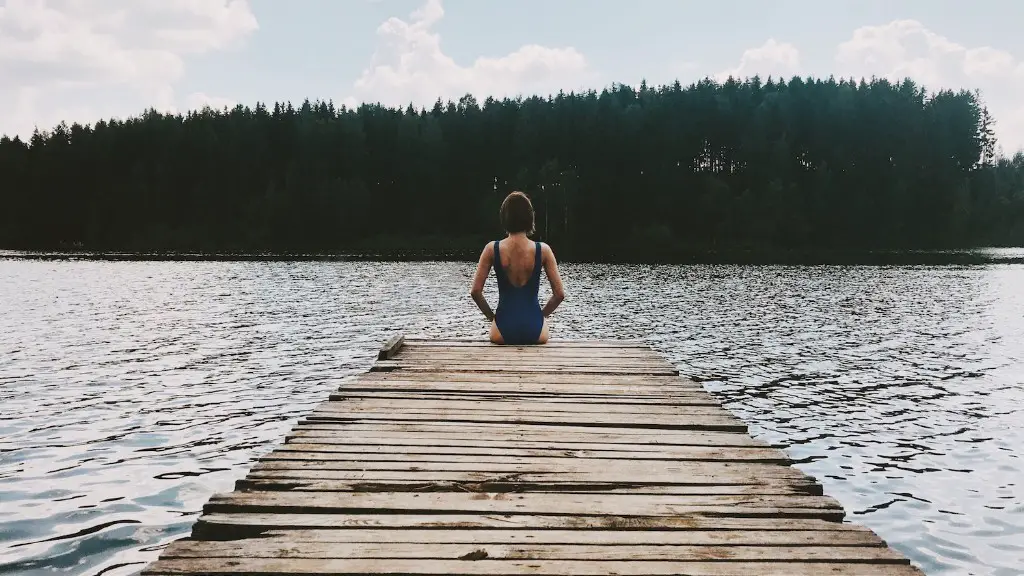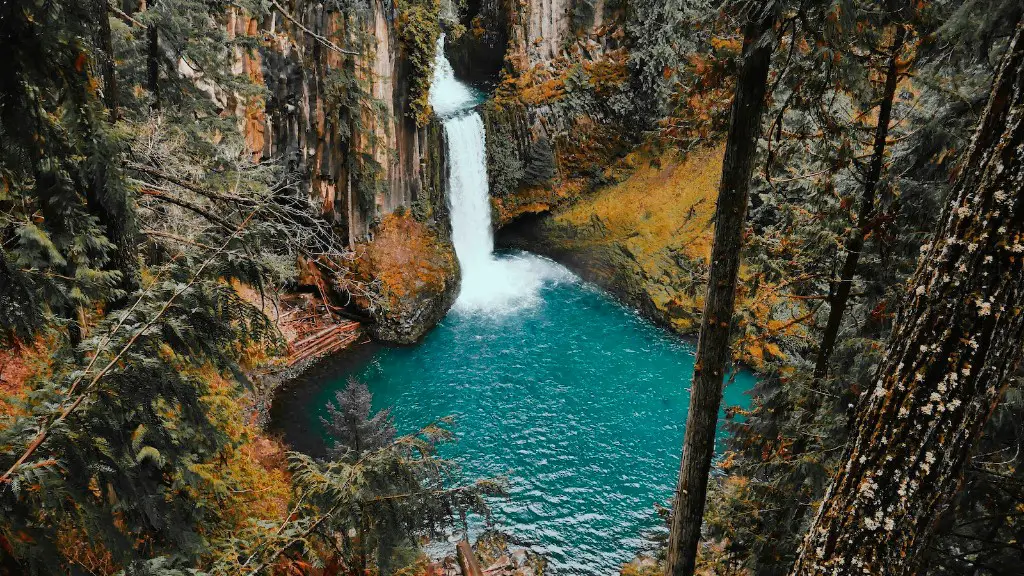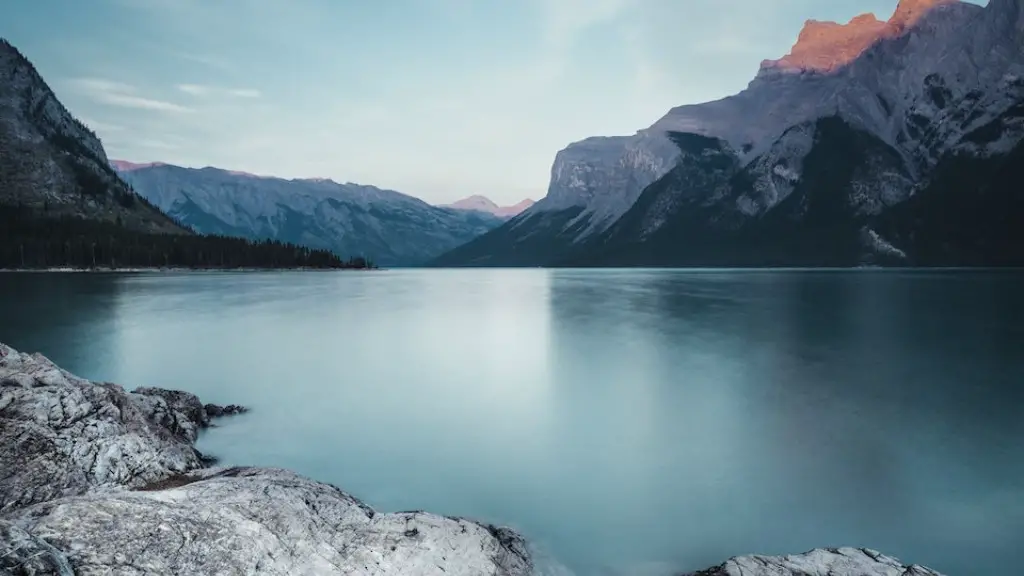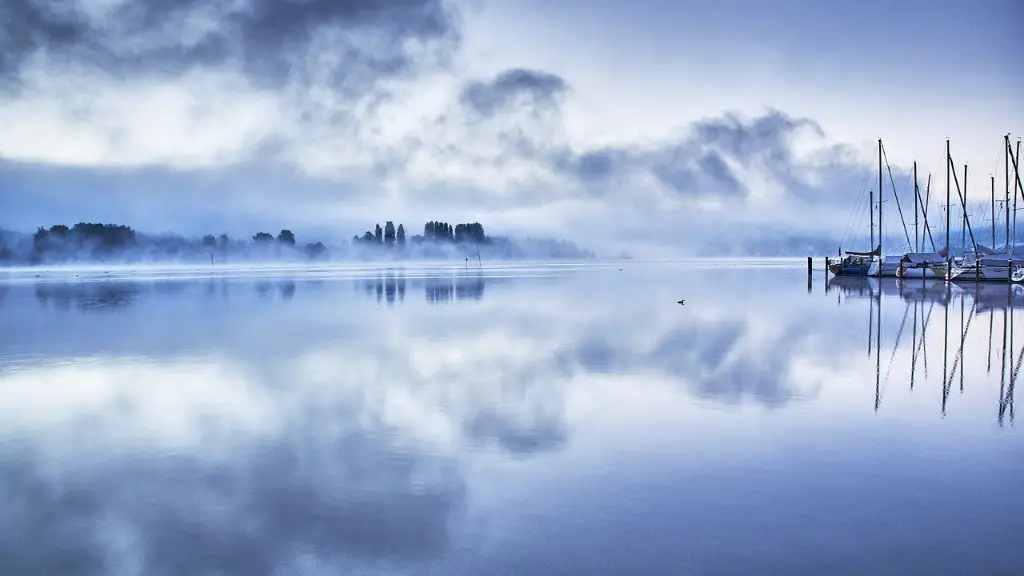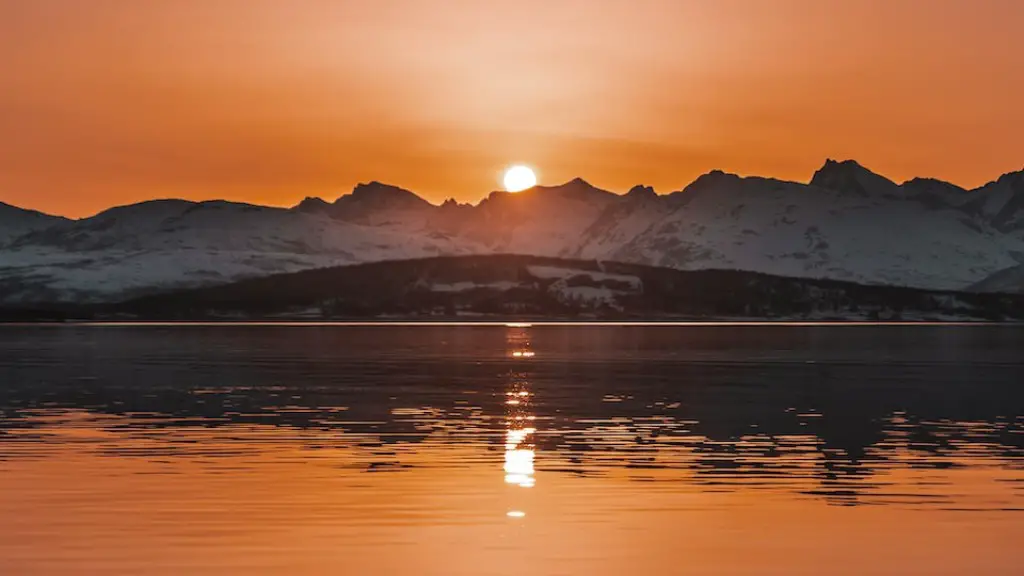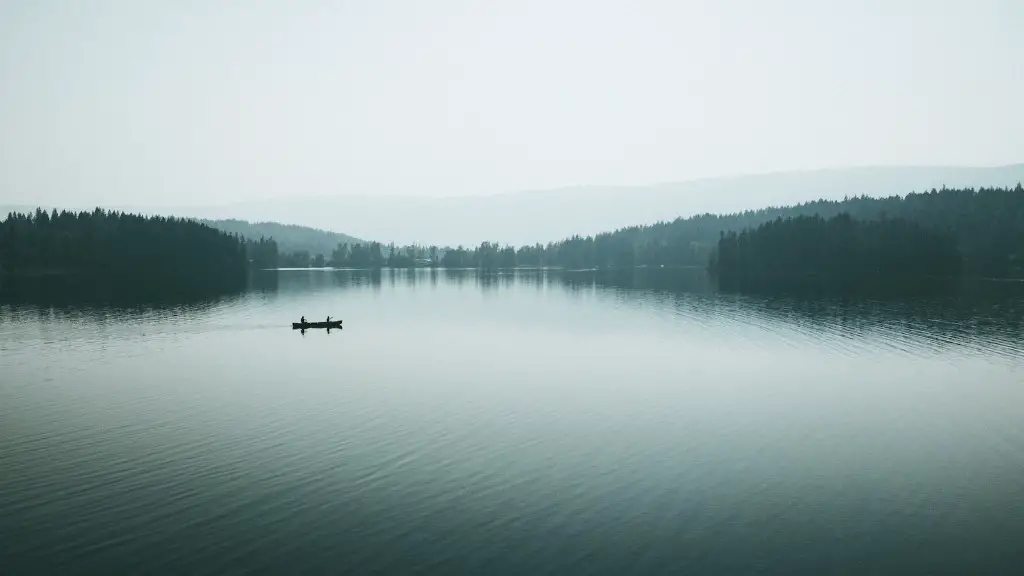Frozen Lake Superior
Frozen over lakes have intrigued people for decades. Being able to experience a frozen lake is both a mystifying and astounding event, especially if it involves the great Lake Superior. Although it is indeed an incredible moment, it is a rare one, being that this lake doesn’t usually freeze over. But when it does, it is a spectacle many will never forget.
Lake Superior is one of the five Great Lakes, located between Michigan, Ontario, Wisconsin, and Minnesota. It is the largest freshwater lake by surface area and the second by volume worldwide. On average, it never completely freezes over, thanks in part to its extreme depth of 400 feet, combined with its long and harsh winters. This makes Lake Superior incredibly unique, with many people wondering exactly when the last time the lake froze over.
According to NOAA, the Lake Superior Ice Analysis, the last time the lake completely froze over was in 2014 – an event that hadn’t happened since 1979. That 2014 freeze-over also holds the record for the longest continuous period of recorded frozenness, lasting from Jan 11th to Feb 3rd of that same year. Even though the lake experienced a severe winter, and had been frozen for part of it, it was unable to match the 1979 record of March 15th- February 5th, this being the longest recorded continuous period of Lake Superior being frozen.
This phenomenon, however unlikely, has had an effect on the environment. For example, the increased freeze-over time has made traveling especially difficult, with ice often blocking and covering navigation lanes – something we can’t take for granted since this lake is an important trade route for many countries in the area. In addition to that, the temperature of the lake affects animal populations. The cold temperature can drive away some species, and even harm food sources, making it difficult for certain animals, like salmon, to survive in a frozen lake.
It goes without saying that the freeze-over of Lake Superior is not a natural occurrence, and it is indeed a rare sight. Nevertheless, this doesn’t mean that it never happens. Understanding our environment and its effects on climate change and nature is a vital cause, and it’s important to pay attention to changes occurring to all living things – including the Great Lakes.
Global Warming and Super Freezes
The occasional freeze-over of Lake Superior goes to show how climate change can affect the environment in unexpected ways. It is thought that increased global warming has had an impact in the extreme temperatures of the area and has caused some freeze-overs in the past. The 2014 freeze was unseasonably cold, and it did not last too long, but the fact that it occurred indicates how vast the impact of global warming is.
Environmental experts are taking note of the frozen Great Lakes. In fact, the Great Lakes Environmental Research Laboratory is currently researching the impact that climate change can have on the water levels, as well as understanding what a more extreme freeze-over would mean for the area in the future.
In addition to that, several organizations have made efforts to increase climate awareness and are advocating for ways to reduce the rate at which our planet is warming. According to Greenpeace, the Arctic could experience a fully ice-free summer by 2040 if the current level of carbon dioxide emissions are continued, affecting our planet in such a way that phenomena like the freeze-over of Lake Superior will be much more common.
Greenpeace is also encouraging people to make climate smart decisions and understand their impact as individuals. This includes reducing emissions, protecting forests and oceans, picking clean energy options for our homes, and advocating for environmental protection.
Adapting to the Lake Superior Freezes
The freeze-over of Lake Superior is an event that many people have been preparing for over the years, especially when it comes to navigation. Most services that use the lake as their main route of transportation were ready for the event, thanks to their knowledgeable staff and emergency preparations.
For example, many government institutions, like the U.S. Coast Guard stationed in Detroit, have preparations in place in case the lake freezes over. This service even implemented a practice called “ice breaking”, which consists of breaking ice on the lake to make way for any ships that need to pass through. This ensures the safety of transport services and those who are aboard them.
The governments of the involved states have also been prepared for the occasional freeze-over. In fact, the Wisconsin Department of Natural Resources posted precautionary information regarding the 2014 freeze-over, to avoid any potential dangers from the activities people could perform on the ice. The department went as far as offering safety tips and posted videos about the effects of Lake Superior being frozen over.
Having a big lake frozen over is no small matter and governments know it. Fortunately, most of them are always prepared for the event and have policies and institutions in place to ensure the safety of everyone involved.
Effects on the Local Economy
The effects of Lake Superior being frozen over certainly don’t end with those involved in trading operations. The freeze-over of the lake has had an impact on the economy of the states and cities near it, as well as the industry that relies on the activities of the lake.
Fishing, transportation and tourism are some of the industries that have been affected by a frozen lake. The winter of 2014 saw fewer tourists, as many preferred to remain in the comfort of their homes instead of braving the cold temperatures of a frozen lake. Not only that, but many fishing operations suffered, due to the decreased temperature of the lake and the fact that some fishing boats weren’t made for freezing temperatures.
The 2014 freeze was considered a rare, yet devastating, occurrence. It caused a lot of damage and saw industries like fishing and transportation suffer greatly, as the frozen lake affected business greatly. The effects on the local economy due to this event also highlighted the importance of being prepared for the eventualities of climate change.
Environmental Preservation
The great Lake Superior spans eight states and is an integral part of the environment and its wildlife. Its occasional freeze-over not only highlights the changing climate, but also shows us why environmental preservation is a critical part of our lives.
In order to prevent extreme changes in the area and to preserve the ecosystems, both North American countries, Canada and the USA, have certainly been doing their part. People from the two countries have joined forces to create and keep the Lake Superior Basin Project, a project dedicated to conserving and protecting the lake from any damages that could negatively affect the environment.
The Lake Superior Basin Project also works to protect the plants and animals that live in and around the lake. It does this by making sure to keep human and industrial activities at a minimum. This ensures that the lake’s natural state is preserved, making it possible for the species and plants that inhabit the area to keep living there.
Protecting the environment is an important task and more often than not, those who live near the Great Lakes have shown they are willing to take action. Preserving Lake Superior is not only important for its own sake, but also for the sake of the entire planet – something we must all keep in mind.
Environmental Education
One of the most important aspects of being an environmentalist is the act of educating others. It has been reported that only 2% of adults around the world have a firm grasp on climate change and the environmental issues it has caused. With this knowledge comes a greater understanding of the need to act, and how important our actions can be when it comes to protecting our planet.
Organizations like Greenpeace and Survival International have created outreach campaigns to spread awareness about environmental issues in an effort to create a greater sense of urgency and responsibility. They have organized workshops, educational campaigns, and internships, among many other avenues. It is their mission to create a world where nature is valued and protected – a mission we should all be fighting for.
Being prepared for the occasional freeze-over of Lake Superior is important, but so is raising awareness about the effects of climate change. Our actions make a difference, no matter how small. We must remember that our planet needs our help, and that it is always in our power to support the environment and always do what’s best for it.
Sustainable Solutions
The occasional freeze-over of Lake Superior is a clear sign of environmental change, but it also serves as a reminder of how we can make better decisions to protect our planet. Experts agree that the planet is in an emergency state and that something must change in order to restore balance.
Scientists and environmentalists are striving to create sustainable solutions that help lessen the burden climate change has placed on our planet. From hydrogen-powered transportation to renewable energy sources, people have been working hard to develop a greener future. Governments have also been creating legislation and spreading information to support their efforts in making the world a better place.
Educating ourselves on these topics and taking direct action is essential in making sure we can lessen the impacts climate change has caused. Supporting sustainable solutions and making conscious decisions are not only beneficial for the planet, but for our futures as well.
Conclusion
The occasional freeze-over of Lake Superior is an event to be marveled, but also one to pay attention to given the effects that it has on the environment and local economy. From governments implementing safety precautions and working on sustainable solutions, to organizations educating people about climate change, it is evident that everyone involved is willing to fight for the preservation of planet Earth.
